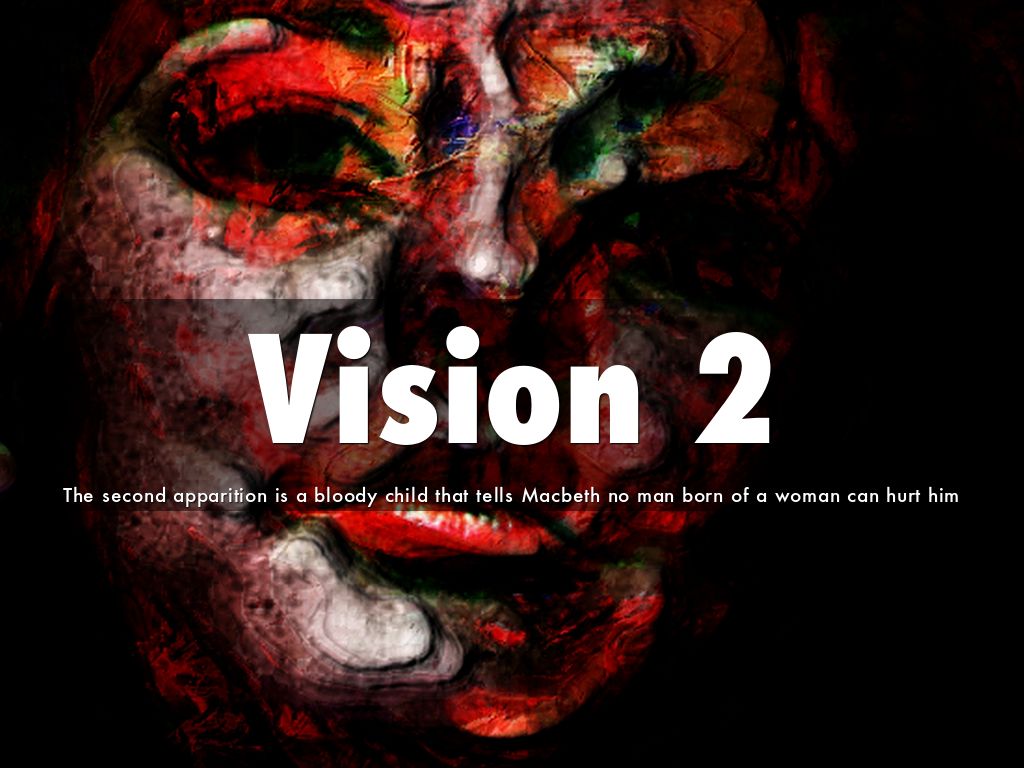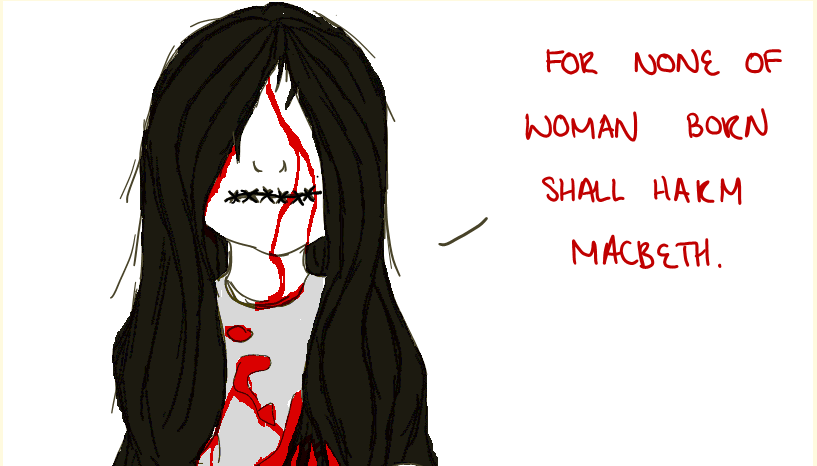

In response to his wife’s taunting of his indecisiveness, Macbeth at first tries to hold his ground by appealing to his manhood. Quotation 2: “I dare do all that may become a man” (Macbeth, Act 1 Scene 6) Notice that the phrases are syntactically consistent (“…the time,…the time”, “your eye, your hand, your tongue”, “look like… look like”), but this presents an interesting irony between form and content, because Lady Macbeth is encouraging inconsistency – specifically, between what Macbeth projects and what he actually does. One final point that bears commenting is the presence of parallelism in this quotation. This biblical context is echoed in what’s happening here, as Lady Macbeth prods Macbeth into committing an act of sin, in effect turning husband and wife into a pair of latter-day Shakespearean ‘Adam and Eve’. This notion is extended with the juxtaposition between “look like the innocent flower” and “be the serpent under’t”: the serpent is, of course, a biblical allusion to the serpentine devil in paradise, who tempts Eve into tasting the forbidden fruit, which leads to Adam tasting it as well and siring forth the ‘Original Sin’. There’s lots of visual imagery in this scene, with two references to “look like” in “look like the time” and “look like the innocent flower”, and “your eye”, which tells us that the thematic focus here is appearance versus reality – specifically, of fabricating an appearance to shroud reality. The synecdoche of “your eye,/Your hand, your tongue”, while serving as a stand-in for Macbeth’s whole person, almost seems to pre-empt their violent act with the separated body parts connoting anatomical severance. When she counsels him “to beguile the time,/Look like the time”, the reference – “the time” – is a metonym for ‘men of their time’, so her point here is for Macbeth to blend in with the crowd and pretend that nothing is amiss, which is ironic because they truly believe themselves to be special and unique from the rest of the pack. By this point, she’s already made her mind up about what they should do to Duncan, but she knows her husband too well to also know that he’ll probably dilly-dally and pussy-foot when it comes to killing the king, despite his ambitions. This quotation comes right after Lady Macbeth has read her husband’s letter about the Witches’ prophecy, when Macbeth arrives at the palace to meet her. Your hand, your tongue: look like the innocent flower,

Look like the time bear welcome in your eye, If you prefer to watch me explaining these passages, then check out my YouTube videos at the bottom of this post! Quotation 1: “To beguile the time,/Look like the time” (Lady Macbeth, Act 1 Scene 5) “Time, thou anticipatest my dread exploits” (Macbeth, Act 4 Scene 1).

“Double, double toil and trouble” (The Witches, Act 4 Scene 1).“I dare do all that may become a man” (Macbeth, Act 1 Scene 6).“To beguile the time, look like the time” (Lady Macbeth.In this post, we’ll be looking at the following sets of quotations: Ultimately, personal character trumps academic achievement any day, and I’m just going to leave it at that. All my content is intended to help students as a source of reference, inspiration and guidance, but certainly not as an enabler of plagiaristic practice, nor a repository of copyable, uncredited passages. The implication of this is clear, so without having to spell out the obvious, I hope that we would all use online resources (including this blog) with integrity and honesty. I’ve noticed that some backlinks for this blog have come from plagiarism checker sites. I’m pleased to hear that the posts on ambition and the supernatural have been helpful, so here’s another set of close reading analysis on 4 other important quotations from the play.Ī quick, but serious, note on plagiarism: As expected, a lot of you have requested more content on Macbeth.


 0 kommentar(er)
0 kommentar(er)
